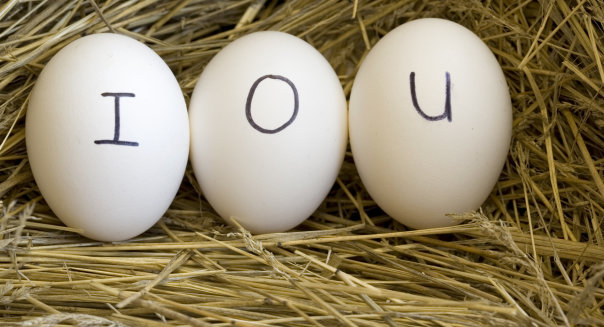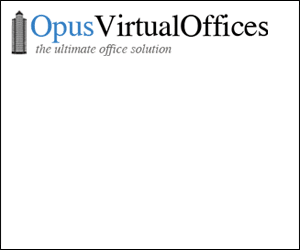

Why Raiding Your 401(k) Is a Mistake

NEW YORK — Tapping into your 401(k) plan for a loan or a distribution should be considered only as a last resort for consumers who are short on cash.
Faced with long-term unemployment or an emergency, some consumers turn to taking out a loan or a distribution from their 401(k) if they lack enough savings. A 401(k) loan can appear to be a good option because the interest rates are relatively low, but the ramifications can put you in a jam: if you leave your job for any reason, the loan must be repaid back quickly — within 60 days. If you are under 59½ years old and miss that mark, you’ll typically be on the hook for a 10 percent early withdrawal penalty on the outstanding loan amount, plus federal and state income tax on the distribution.
When 401(k) Loans Are a Good Option
The lower interest rates make these loan an attractive option, especially for people planning to pay down their credit cards, which typically carry rates into the teens.”For those really serious about paying off credit card debt, by all means, take the 401(k) loan, pay off credit card debt and repay yourself,” said Bill DeShurko, a portfolio manager at Covestor and president of 401 Advisor, a registered investment adviser in Centerville, Ohio.While the terms for each plan varies, the rate on a 401(k) loan is “usually a few percentage points above the prime rate, which is currently 3.25 percent,” said Canon Hickman, regional director at Equity Concepts, a Richmond, Virginia-based investment and financial services company. One benefit is that the interest payments “will go back” to the individual once the entire loan is repaid.”It’s also helpful for short-term needs if you can’t qualify for a traditional loan,” he said. “Since there’s no underwriting process, getting the money you need isn’t limited by your credit score.”
401(k) Loans Are Risky
The duration on 401(k) loans has a much shorter span, and they must be repaid within five years. These loans aren’t a good alternative to pay for large ticket items, because your monthly payments will still remain high.”For big expense items, that is typically too short of an amortization period to keep payments low enough to consider a 401(k) loan as an option,” DeShurko said.In this current environment of stagnant job growth, these loans should be avoided if “there is any chance of wanting to change jobs or being laid off,” he advised.Borrowing money from your retirement plan for a personal loan isn’t a good strategy, because if you not have paid off the entire loan when you quit or are laid off, the remaining balance is taxable as income.”Even if things seem solid, I would eliminate personal loans as a valid use for this reason,” DeShurko said.
401(k) Distributions
All employer-sponsored 401(k) plans have their own rules. Some of them may not allow employees to take loans. In that case, some employees opt to take out an in-service distribution during a hardship or even to pay for their child’s college tuition.”All plans do not allow for in-service withdrawals, but if they do, its often for financial hardships, which can be college education, first-time homebuying or medical expenses,” said Jamie Hopkins, retirement professor at the American College of Financial Services in Bryn Mawr, Pennsylvania.Withdrawals from your 401(k) plan are frowned upon, because of the 10 percent early withdrawal penalty, plus federal and state income tax for investors younger than 59½.
There are some exemptions for the 10 percent penalty tax, and they include people who become disabled or to help pay for reimbursed medical expenses over 10 percent of your adjusted gross income, he said.”It is important to remember that access is different than taxation,” Hopkins said. “While you might have access to your 401(k) funds through the hardship provision, a withdrawal for college education expenses before you are 59.5, you will not be exempt for the additional 10 percent penalty tax for early withdrawals.”Another huge catch is that the money you withdraw from your 401(k) can’t be replaced, so you can’t simply catch up on your retirement savings later on when you get raise or a bonus.”Withdrawals are permanent,” he said. “Once you take the money out of your 401(k) and use it, you will no longer be able to get that money back into the 401(k) or into an IRA.”
Why Loans Are Better Than Withdrawals
For consumers who are strapped for cash, getting a loan is a better bet, because there are no limitations on what the purpose of the funds and doesn’t get taxed as income.”Usually the best way to get access to your 401(k) while you are still working is to take a loan from the plan,” Hopkins said. “Loans give you much needed access to funds today without excessive taxes and penalty fees. Remember that the loan will need to be paid back into your account, usually through payroll deductions over a five year period.”







401K loans are not a good idea…..Charging everything to a credit card is plain stupid !
raiding your 401k is a mistake to the illuminati wallstreeters who plan on stealing every penny in your 401k, of course they don’t want you to remove any money from their treasure box, they rape us and tax us and rob us and they still want more !